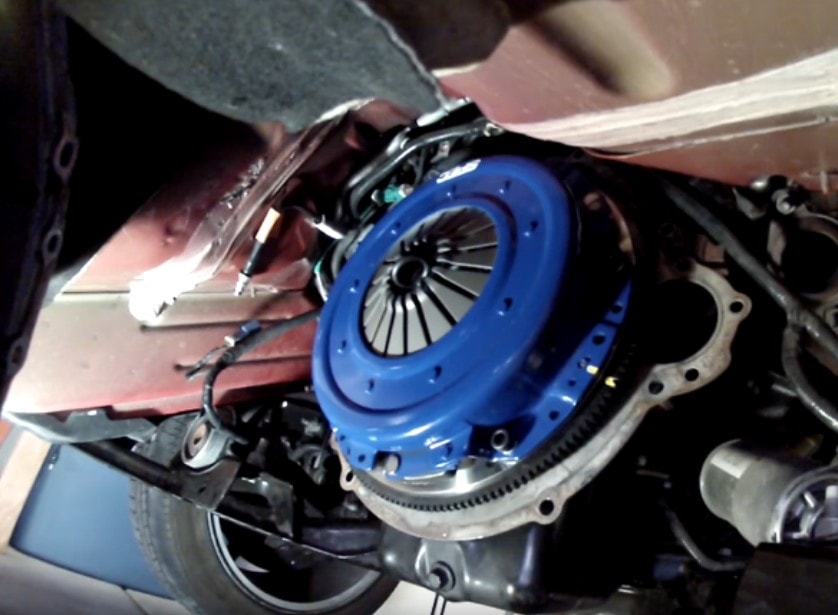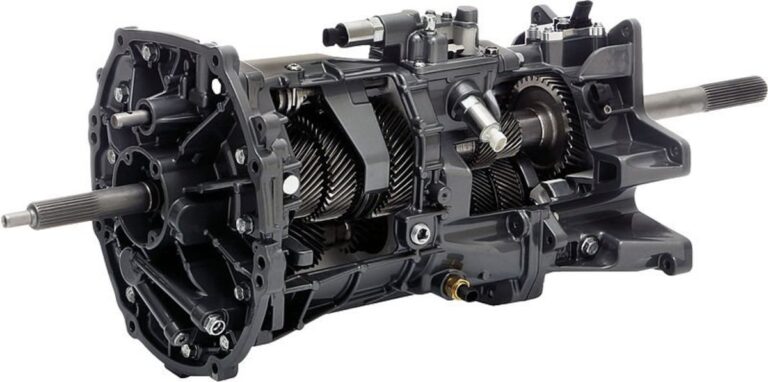2000 Mustang Transmission Problems
The 2000 Mustang was built with a number of transmission problems. These problems can be difficult to diagnose and repair, but they are often the cause of major engine and driveline issues. The most common transmission problem on the 2000 Mustang is the failure of the input shaft bearing.
This bearing is responsible for supporting the input shaft and allowing it to rotate freely. When this bearing fails, it can cause the input shaft to bind or seize, which can lead to engine damage or failure.
If you own a 2000 Mustang, you may have experienced transmission problems. These problems can be caused by a variety of factors, including worn-out parts, improper maintenance, and even manufacturing defects.
If you’re experiencing transmission problems with your 2000 Mustang, the first thing you should do is check the fluid level.
If the fluid is low, it could be causing your transmission to slip or not engage properly. You should also check the condition of the fluid; if it’s dirty or burned, it needs to be replaced.
Next, take a look at the transmission filter.
A clogged filter can restrict oil flow and cause premature wear on transmission components. If your filter looks dirty, replace it with a new one.
Finally, inspect the Transmission Control Module (TCM).
The TCM is responsible for controlling shift points and line pressure. If it’s faulty, it can cause all sorts of shifting problems. If you suspect your TCM is to blame for your transmission woes, have it checked out by a qualified technician.
2000 ford mustang transmission problem?? Help!
Which Mustangs Have Transmission Problems?
There have been a few different Mustang models with reported transmission problems. The most common issues seem to be with the 2004-2006 model years, which is likely due to the fact that these were the first years that Ford used a 5-speed automatic transmission in the Mustang. There have also been reports of issues with the 2011 and 2012 Mustangs, which use a 6-speed automatic transmission.
The most common complaint from owners of these affected Mustangs is that their car will suddenly lose power while driving, and they’ll have to pull over to the side of the road and restart the engine in order to get going again. In some cases, this issue has caused accidents. Other owners have reported that their transmissions will slip or jerk when shifting gears.
If you own a Mustang that’s having transmission problems, it’s important to take it to a qualified mechanic or dealership as soon as possible so they can diagnose and fix the issue before it causes any further damage.
Are 2000S Mustangs Reliable?
The short answer is that yes, 2000s Mustangs are generally reliable cars. However, as with any vehicle, there can be exceptions to this rule. Some individual Mustangs may have been manufactured with defects that make them less reliable than others.
In addition, the way a Mustang is cared for and driven can also affect its reliability.
For example, if a Mustang is regularly driven hard and not given proper maintenance, it is likely to experience more mechanical problems than one that is driven more gently and consistently serviced. That being said, even with proper care, any car can develop issues over time – so no vehicle is ever 100% reliable.
If you’re considering purchasing a 2000s Mustang (or any used car), be sure to have it inspected by a qualified mechanic before making your decision. This will give you the best idea of whether or not the particular vehicle you’re looking at is likely to be a reliable ride.
How Long Do Mustang Automatic Transmissions Last?
When it comes to discussing the longevity of a car’s transmission, there are many factors that can affect its lifespan. The make and model of the vehicle, as well as the way it is driven, all play a role in how long the transmission will last. With that said, when it comes to Mustang automatic transmissions, they generally have a pretty good life expectancy.
On average, Mustang automatic transmissions can last anywhere from 100,000 miles to 150,000 miles before needing to be rebuilt or replaced. Of course, this is just an average and there are always going to be exceptions. There have been Mustangs known to rack up over 200,000 miles on their original transmission with no issues whatsoever.
There are a few things you can do to help extend the life of your Mustang’s transmission. First and foremost, regular maintenance is key. Keeping your transmission flushed and filled with fresh fluid will go a long way in keeping it healthy.
Secondly, if you drive your Mustang hard or race it frequently, investing in an aftermarket cooling system is a good idea. These systems help keep transmission temperatures down and prevent premature wear and tear.
Ultimately, how long your Mustang’s automatic transmission lasts is up to you.
If you take care of it and don’t abuse it too much, you can expect it to last for many years and miles without any problems at all.
How Much is a Mustang Transmission Change?
If you’re looking to change the transmission in your Mustang, you’re looking at a pretty significant investment. A new Mustang transmission can cost anywhere from $3,000 to $4,000, and that’s not even including the cost of labor. If you’re planning on doing the work yourself, you’ll need to factor in the cost of tools and supplies as well.
All told, changing the transmission in your Mustang can be a very costly endeavor.

Credit: www.dmarkperformance.com
2000 Ford Mustang Transmission 4 Speed Automatic
Ford Mustang transmissions have come a long way since the early days of the muscle car. The first Mustangs came with a three-speed manual transmission, and while that was fine for cruising around town, it wasn’t ideal for drag racing or other high-performance driving. Fortunately, Ford soon offered an optional four-speed automatic transmission that was much better suited to the task.
Today, the Mustang’s four-speed automatic is one of the most popular choices among performance enthusiasts. It’s built to handle serious horsepower and torque, and it can be upgraded with aftermarket parts to further improve its performance. If you’re looking for a reliable and capable transmission for your Mustang, the four-speed automatic is a great option.
Conclusion
The 2000 Mustang was a great car, but it had some transmission problems that needed to be fixed. The first problem was that the transmission would slip when the car was in gear. This problem could be fixed by replacing the clutch or by adjusting the cable.
The second problem was that the car would sometimes stall when it was put into gear. This problem could be fixed by resetting the computer or by replacing the fuel filter.





